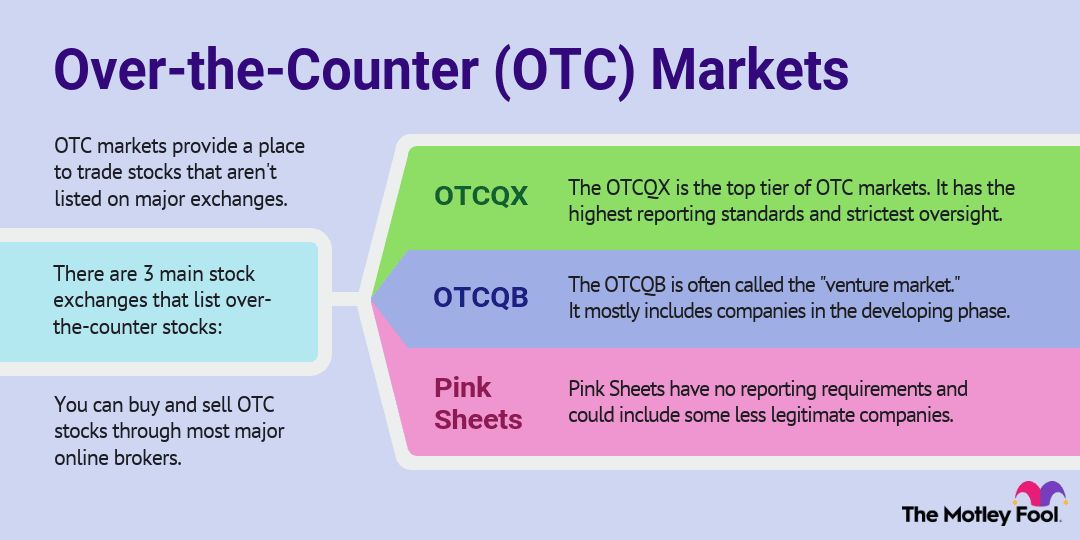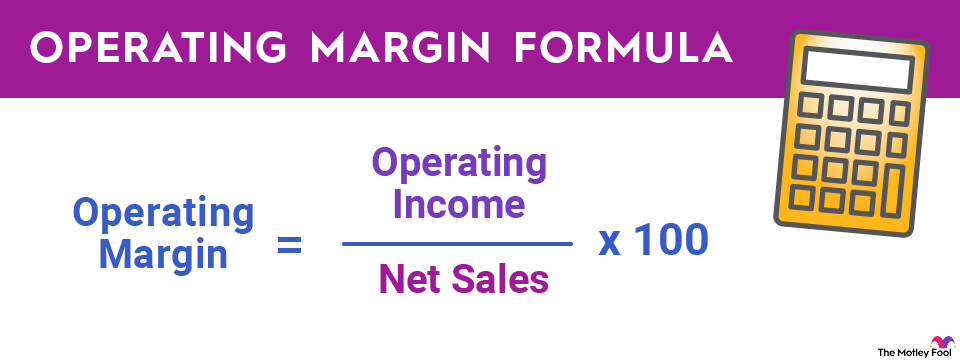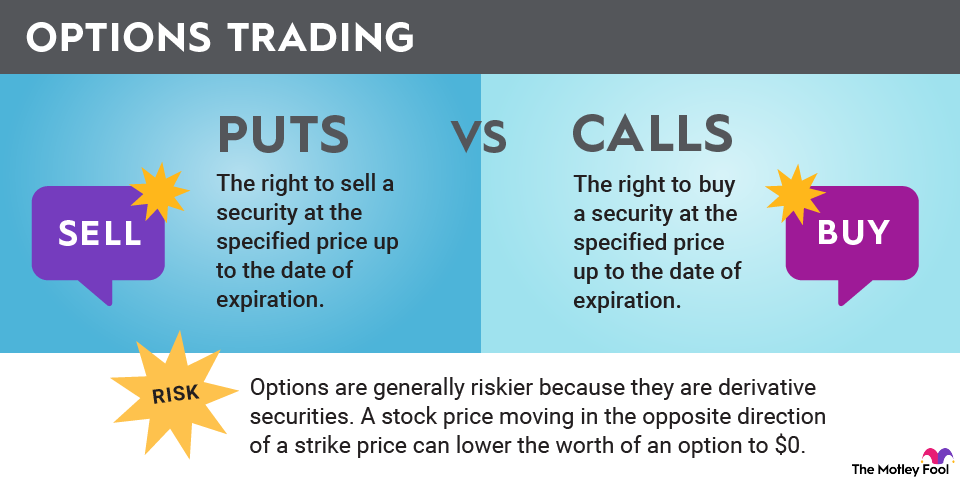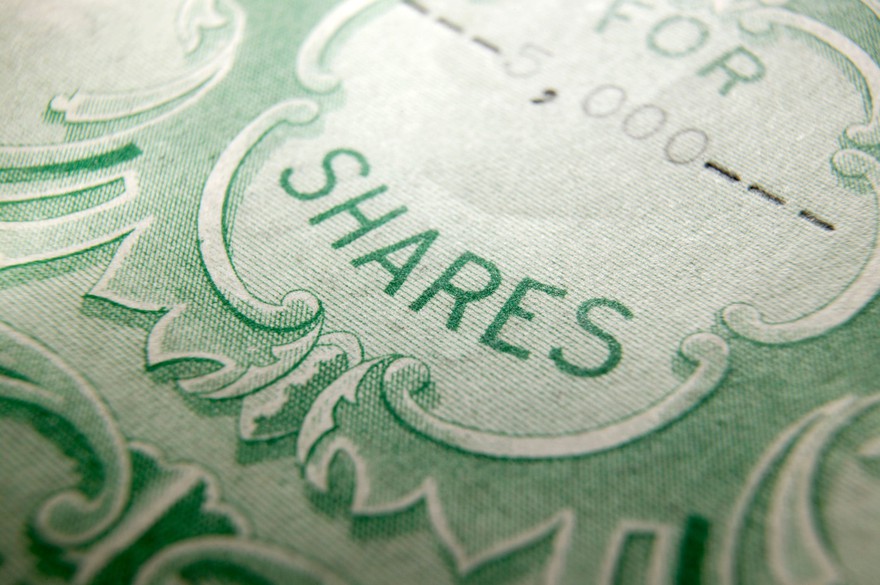Sometimes, investments turn out to be great opportunities. Other times, they're way too good to be true. In the second case, you might be dealing with a Ponzi scheme, a type of fake investment designed to take your money and return just enough to keep drawing in new investors. Read on to learn more about Ponzi schemes and how to spot them.

What is a Ponzi scheme?
A Ponzi scheme is a centuries-old scam in which investors are promised big gains, despite little data (or falsified data) to support such claims. The earliest investors in the scheme are paid with money from later investors. When there's no one left to invest or too many investors cash out at once, the whole house of cards comes crashing down.
Ponzi schemes often involve unlicensed sellers, either individuals or firms, with secret or complex strategies that are difficult to untangle. Other warning signs include promises of high returns with little downside and overly consistent returns – investments tend to go up and down over time, but they rarely deliver the same amount consistently.
Ponzi scheme vs. pyramid scheme
A Ponzi scheme and a pyramid scheme sound alike. In both, people who are early into the scheme tend to fare better than those who come later. But there are some major differences.
A pyramid scheme is usually pitched as a business opportunity, rather than an investment. The initial recruits to the pyramid-style business model usually get paid, but the main compensation model focuses on recruiting others to the scheme, rather than selling a product. The model falls apart when it can no longer attract new recruits.
In a Ponzi scheme, you're offered an investment opportunity, rather than a business opportunity, and are not asked to recruit others. Instead, the hope is that you'll talk up the huge returns you've been promised, and your friends and family will come to the person running the scheme so they, too, can invest. The scheme collapses if many investors try to cash out at once, or it can't attract new investors.
Why Ponzi schemes matter to investors
It's important for investors to know how to spot red flags in potential investment opportunities. At some point, you may get curious about private investments, which can be risky and are often unregulated. If you pursue them, you risk being taken in by a Ponzi scheme.
Common warning signs of Ponzi schemes include:
- An offer of high rewards with very little risk.
- Overly consistent returns.
- Unregistered investments.
- Unlicensed sellers.
- Secretive or complex strategies.
- Paperwork issues.
- Difficulty receiving payments or cashing out.
But you can protect yourself by sticking with investments that are registered with the SEC, including stocks, bonds, and exchange-traded funds (ETFs). You could also invest in things you can control entirely, like real estate or an art collection.
Related investing topics
Real-world examples of Ponzi schemes
Ponzi schemes are named after 1920s conman Charles Ponzi, but they date back much further than that. In fact, Charles Dickens wrote about early Ponzi schemes back in 1844, suggesting they were common long before that.
Charles Ponzi perpetrated his scheme through the mail, promising investors 50% returns in 45 days. His fraud was exposed by The Boston Post, and he was arrested in April 1920. He was indicted on federal mail fraud charges and later on state charges in Massachusetts. He was eventually deported back to his native Italy.
The largest and most famous modern-day Ponzi scheme was orchestrated by Bernie Madoff, who was arrested in 2008. He falsified trading reports for investments that didn't exist, claiming to use a strategy called the "split-strike conversion." He was sentenced to 150 years in prison, but died in 2021.



















